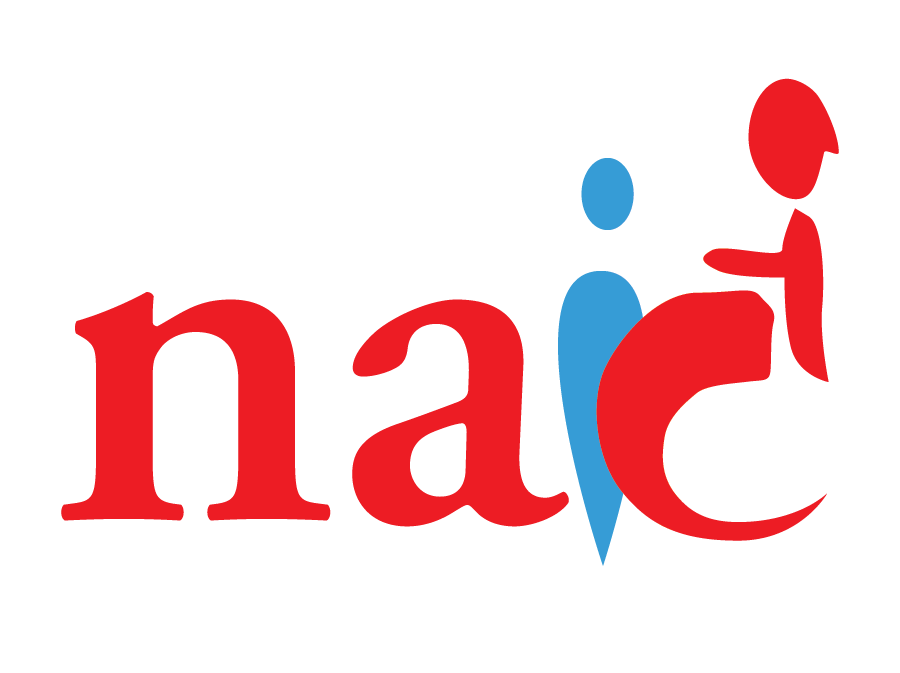 As we conclude Black History Month, I want to recognize the immense contributions of Black families and the unique challenges they face in caregiving. Our research reveals crucial insights into the experiences of America’s seven million Black caregivers, highlighting areas where we must do better in creating an equitable care infrastructure to make caregiving more sustainable and dignified.
As we conclude Black History Month, I want to recognize the immense contributions of Black families and the unique challenges they face in caregiving. Our research reveals crucial insights into the experiences of America’s seven million Black caregivers, highlighting areas where we must do better in creating an equitable care infrastructure to make caregiving more sustainable and dignified.
Key findings
- Increased Caregiving Hardship: The number of Black caregivers has risen significantly, with many taking on sole responsibility for their loved ones. They are more likely to co-reside with care recipients and often juggle caregiving with work and lower incomes.
- Intensive Care Needs: Black caregivers dedicate more hours to high-intensity tasks like daily living assistance and managing incontinence, potentially leading to higher caregiving stress.
- Information Disparity: Black caregivers receive less information from doctors on managing care, potentially due to racial bias in healthcare settings. This contributes to fewer future care plans and access to respite services.
Despite these challenges, we found:
- Resilience and Strength: Black caregivers reported lower emotional strain and found greater meaning in their caregiving roles compared to their white counterparts. This highlights the importance of understanding cultural perspectives on caregiving and investing in resilience.
Caregivers like Gwendolyn bring these points to life. For over a decade, she has been a devoted care partner, supporting her wife as she navigates Lupus, often with little support from the healthcare system. Her story serves as a reminder that there are people behind every data point.
Moving Forward: Building Equity for Black Caregivers.
Gwendolyn’s story highlights the urgent need for change. We must rebuild trust in our healthcare system by putting the experiences of caregivers like Gwendolyn at the center. Our research makes clear that we need more robust care infrastructure tailored to the needs of Black caregivers. At NAC we’re championing policies to build financial and health equity to do just that, policies such as:
- Paid Family Leave: Implementing national paid family leave policies would help alleviate financial hardship and allow Black caregivers to take time off to care for loved ones without sacrificing their jobs.
- Strengthened Medicare and Medicaid Programs: Expanding access to in-home and community-based care services through Medicare and Medicaid would offer Black families greater flexibility and support options.
- Healthcare Access: By offering culturally competent caregiver training and patient navigation, we can better equip families to navigate complex healthcare journeys – from cancer to Alzheimer’s – and ensure they are valued partners in their loved ones’ care teams.
By recognizing the unique experiences of Black caregivers and implementing these recommendations, we can build a more equitable and supportive system for all families navigating caregiving journeys.


